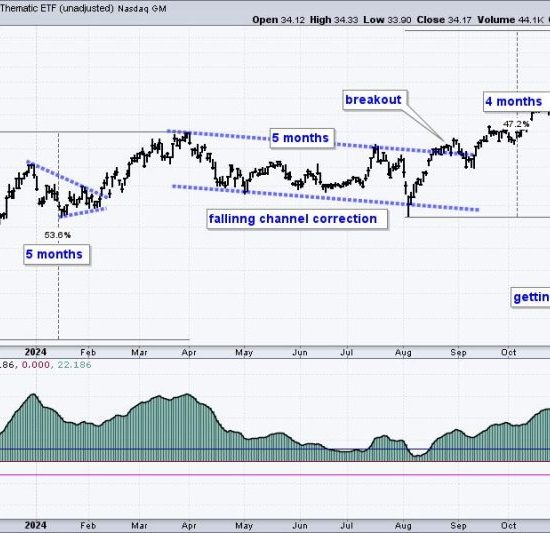Significant Economic Shifts in China
China’s economic landscape is shifting, and this has sparked increased focus on certain metals from global traders. The transition in China from a manufacturing-based economy to a more service-based economy has created stock market fluctuations due to the diminished demand for some materials and surging demand for others.
China’s economic shift has several underlying factors. A drive towards a cleaner, renewable energy system and the push to move away from its long-term reliance on fossil fuels are key driving forces. Additionally, the focus on tech and innovation-based sectors is contributing to the transition.
Impacted Metals
Among the most notable metals that traders are eyeing are copper, aluminum, and rare earth metals. The demand for these metals is driven by their integral role in the development of green technologies, electronics, and high-tech industries.
Copper
Copper has always been a favored element in the electric industry due to its remarkable electricity-conducting properties. With China’s evolving economy, the demand for copper will rise to meet energy demands and its widespread use in emerging technologies. Green energy solutions such as solar and wind power require substantial amounts of copper, thus influencing its global value. Therefore, traders are keeping a keen eye on copper as China shifts its economy.
Aluminum
China’s recent economic shift has also significantly impacted Aluminum. Widely used in construction and automotive production, the change in China’s industrial focus has affected its demand. However, Aluminum is being eyed by traders for its potential use in renewable energy systems, lightweight vehicles, and sustainable packaging solutions.
Rare Earth Metals
Rare Earth Metals are getting a lot of attention in recent years. These metals are essential for modern technology and defense systems due to their unique physical and chemical properties. As China strives to become a global leader in technology and innovation, the demand for such metals is set to skyrocket. The country dominates the production of these metals globally, controlling about 90% of the world’s rare earth industry.
Global Implication
This shift in China’s economic policy has global implications. As the world’s second-largest economy, any significant changes to China’s economic landscape can impact the global economy. This rings true for metal prices and consequent trading strategies worldwide.
The effects are already becoming evident in global metals markets, where volatility has increased due to fluctuating demand associated with China’s evolving economy. Changes in the demand for these metals will impact their prices on the worldwide exchange market, influencing traders’ decisions and potentially altering the landscape of global trade.
China’s economic shift also brings opportunity. Traders who can forecast which metals China will increasingly demand can position themselves advantageously in the market. The shift also presents an opportunity for other countries to step up rare earth metal production, potentially altering the current global production landscape.
In essence, traders across the globe are closely monitoring China’s economic shift. This transition signifies a shift in metal demands, attracting traders to copper, aluminum, and rare earth metals. As China pivots towards a more sustainable, tech-driven economy, these metals are likely to be at the forefront of the changes. The traders who capitalize on these insights could be primed for success in the evolving global market landscape.




